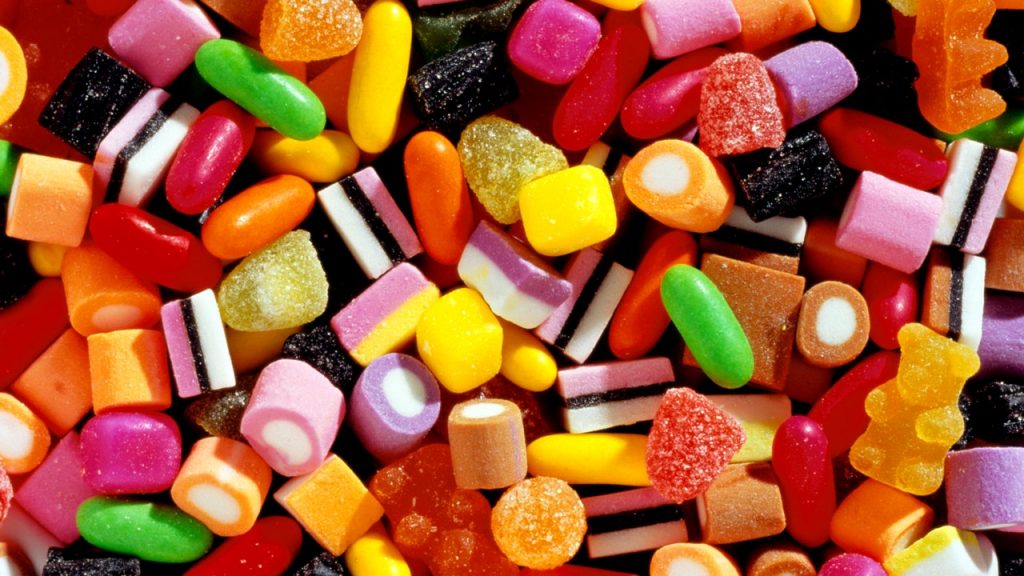Children bounce off the walls when you give them ice cream. They get the shakes after gnawing on candy bars. They turn demonic when allowed to lick lollipops. At least, that’s what most parents will tell you. But according to the National Institute of Health, there’s no link between sugar and hyperactivity — and study after study has demonstrated that sugar rushes are a myth.
We’ve Known Sugar Rushes Were Bogus For Decades
It’s true, and it’s hardly news. The case of the putative sugar rush was essentially closed in 1995, when researchers analyzed 16 high-quality studies of children post-sugar binge, and concluded that sugar does not affect the behavior or cognitive performance of children. The evidence from this work was so compelling that the statistician who reviewed the paper told its authors that he had never seen such consistently negative results in a statistical analysis.
How Did This Happen?
Bad science, basically. After allergist Benjamin Feingold created his eponymous diet in 1973 (which planted the seed that food could cause behavioral problems and, arguably, launched the sugar rush scare) a study published in Food and Cosmetics concluded that sugar causes hyperactivity in children. The study, which involved 265 children whose parents complained that they ran around too much and were unable to concentrate, found that these hyperactive children had abnormally low blood sugar levels. Paradoxically, low blood sugar is one of the tell-tale effects of eating too much sugar and indeed, studies have shown that low blood sugar can cause mood swings and other emotional symptoms in adults. The dreaded sugar rush was born.
But before parents could snatch their children’s lollipops, the findings had already been debunked. Subsequent studies demonstrated that the 265 children in that study, in fact, had blood sugar levels that were within normal ranges for children. Meanwhile, a handful of observational studies that had described sugar rushes were summarily dismissed by the scientific community for demonstrating correlation but not causation. Perhaps hyperactive children simply eat more candy. Who’s to say that candy is what makes them hyperactive?

But I’ve Seen A Sugar Rush In Action. It Must Be Real!
You’re not alone. In 1994, researchers examined about 50 children whose parents claimed they were sensitive to sugar. Each child was assigned a diet that was high either in sugar, aspartame, or saccharin (a sweetener that contains no calories). Parents knew that their kids were getting sweet foods, but didn’t know whether they were eating sugar, artificial sweetener, or a non-caloric substitute. And yet they all reported no meaningful differences in the behavior of their children. It seems the parents had convinced themselves that sugar causes hyperactivity so much so that, even when their children weren’t consuming sugar, they saw its supposed effects.
One theory is that we tend to give children sweets on special occasions when they’re surrounded by other kids and primed for hyperactivity. But a more interesting theory is that our own sugar rush fears mean we, in anticipation of bedlam, parent poorly after giving our children candy, propelling our children toward hyperactivity.
In one 1994 study, researchers videotaped 35 mothers who claimed their five-year-olds were sensitive to sugar as they interacted with their children. Half of the mothers were told that their children had been given large doses of sugar, and half were told that their children had been given no sugar at all. In fact, all of the children had been given a sugar-free placebo. Mothers who expected their children to be high on sugar predictably rated their children as more hyperactive. But the videotapes revealed that these mothers also loomed protectively over their children, criticizing them, looking at them and talking to them more often — implying that parenting styles may well be what causes the hyperactivity that we associate with sugar rushes. Call it a self-fulfilling sugar prophecy.
But Sugar Is Still Bad, Right?
Absolutely. Sugary diets can cause diabetes and a host of other health problems — just not hyperactivity. Not that parents are likely to trust the science on this one. And if that means less sugar for kids, at least it’s still doing some good in a roundabout way.




Pingback: Top 4 Essential Tips To Take Care Of Your Skin – My health beauty tips